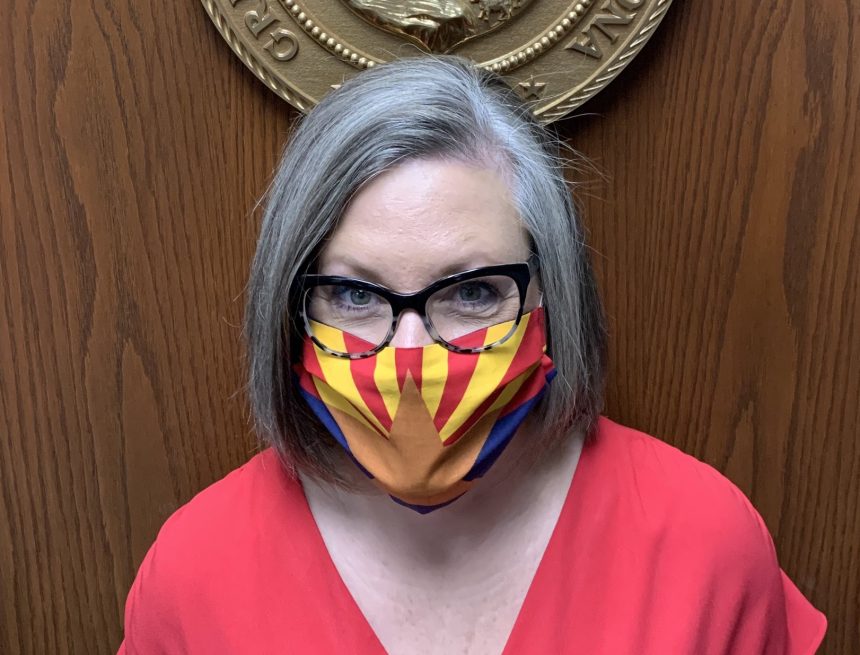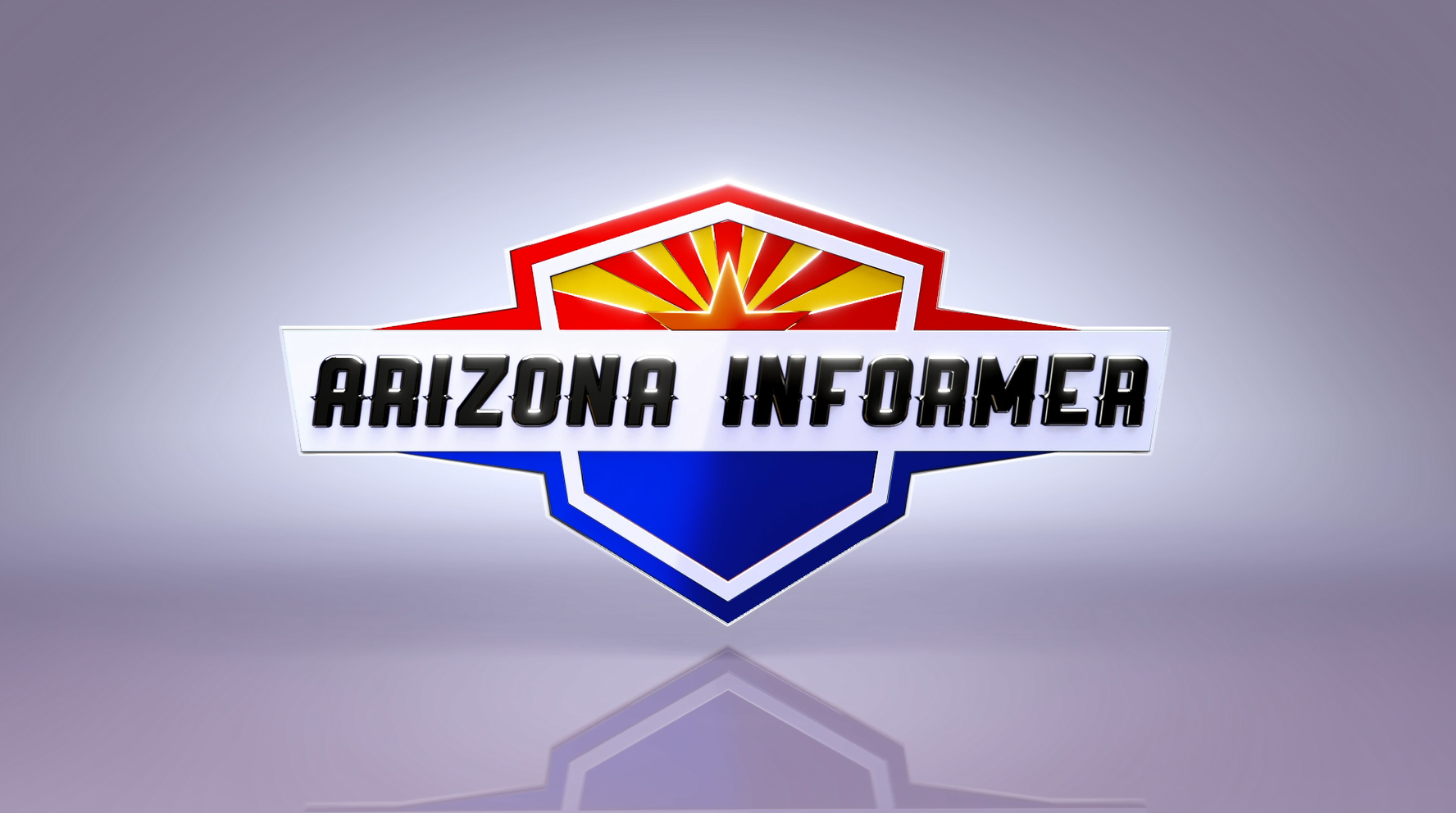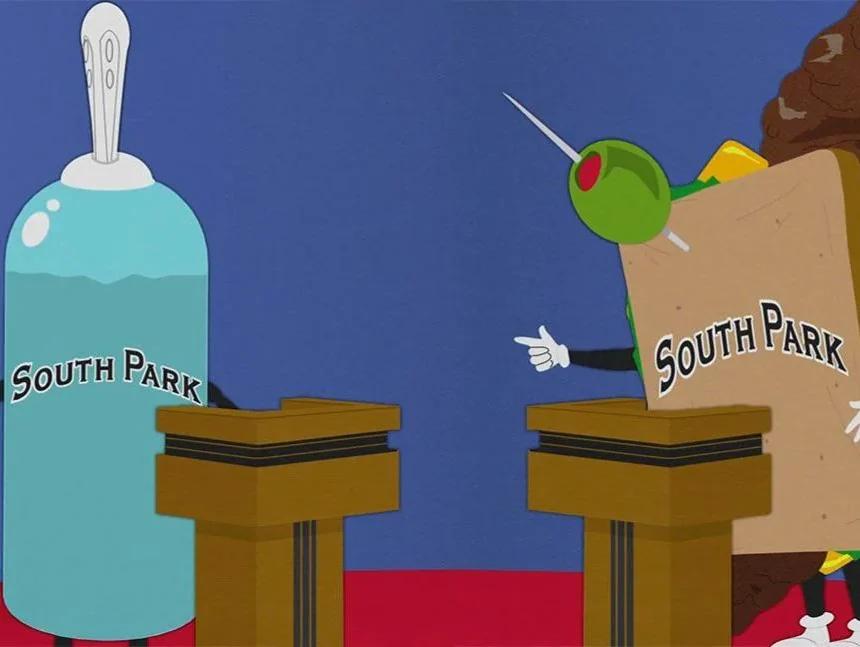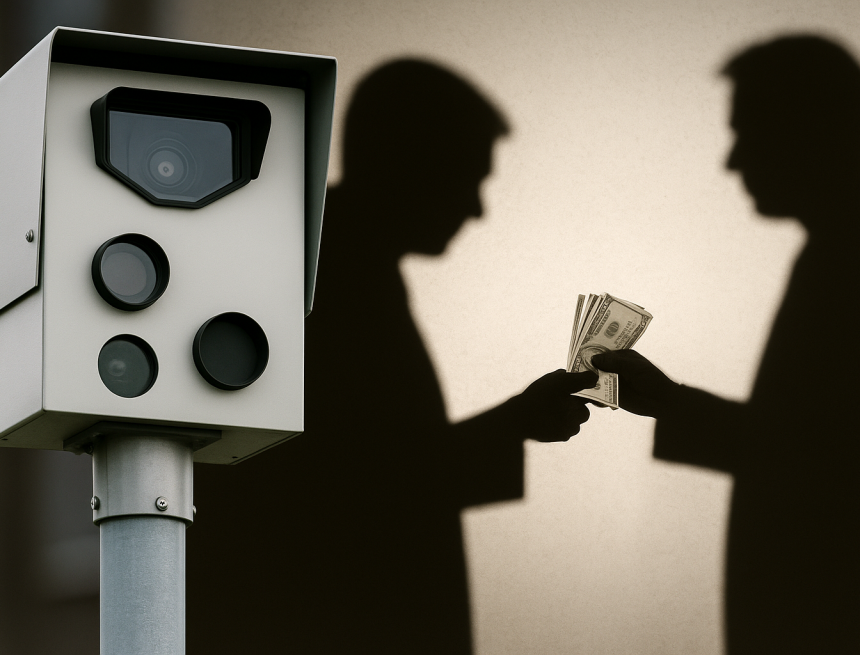The Phoenix City Council has voted to reinstate its controversial red-light camera program, a move critics say prioritizes revenue over public safety.
In a 6–3 vote Tuesday, council-members approved a new contract that will install red-light enforcement cameras at multiple intersections across the city by early 2026. City officials claim the goal is to reduce reckless driving — but research and history tell a much different story.
Multiple studies, including a widely cited 2011 report from the Texas Transportation Institute, show that while red-light cameras may reduce broadside collisions, they often increase the number of rear-end crashes. Drivers slam on the brakes at yellow lights, leading to more fender-benders and greater risk to law-abiding motorists.
“Red-light cameras are a cash grab disguised as public safety,” said traffic attorney Daniel Bonner. “These systems encourage bad driving behavior and hit working families hardest with fines that often exceed $200 per violation.”
Phoenix isn’t just flirting with failed policy — it’s ignoring a troubling legacy of bribery and fraud linked to red-light camera vendors.
In 2014, Redflex Traffic Systems, one of the nation’s largest camera providers, was embroiled in a massive corruption scandal. The company’s former CEO admitted to bribing public officials in Chicago, Columbus, and Phoenix to secure contracts.
One of the most infamous cases involved Karen Finley, a Cave Creek woman and former Redflex executive, who was convicted and sentenced to prison for her role in a decade-long conspiracy to bribe city officials. Federal prosecutors described the scheme as “systemic, deliberate, and deeply unethical.”
Despite this history, the Phoenix City Council is once again inviting red-light cameras back into Arizona’s largest city — with no guarantee that the next vendor won’t follow the same corrupt playbook.
Local resident and activist Ray Martinez blasted the vote during public comment: “We’ve been down this road before. These cameras don’t save lives — they generate lawsuits, tickets, and scandal. The council just sold us out again.”
With installation expected to begin within months, drivers in Phoenix may soon find themselves facing the same failed system the city scrapped just years ago.
For now, one thing’s clear: Phoenix politicians have learned nothing — and everyday Arizonans will pay the price.






